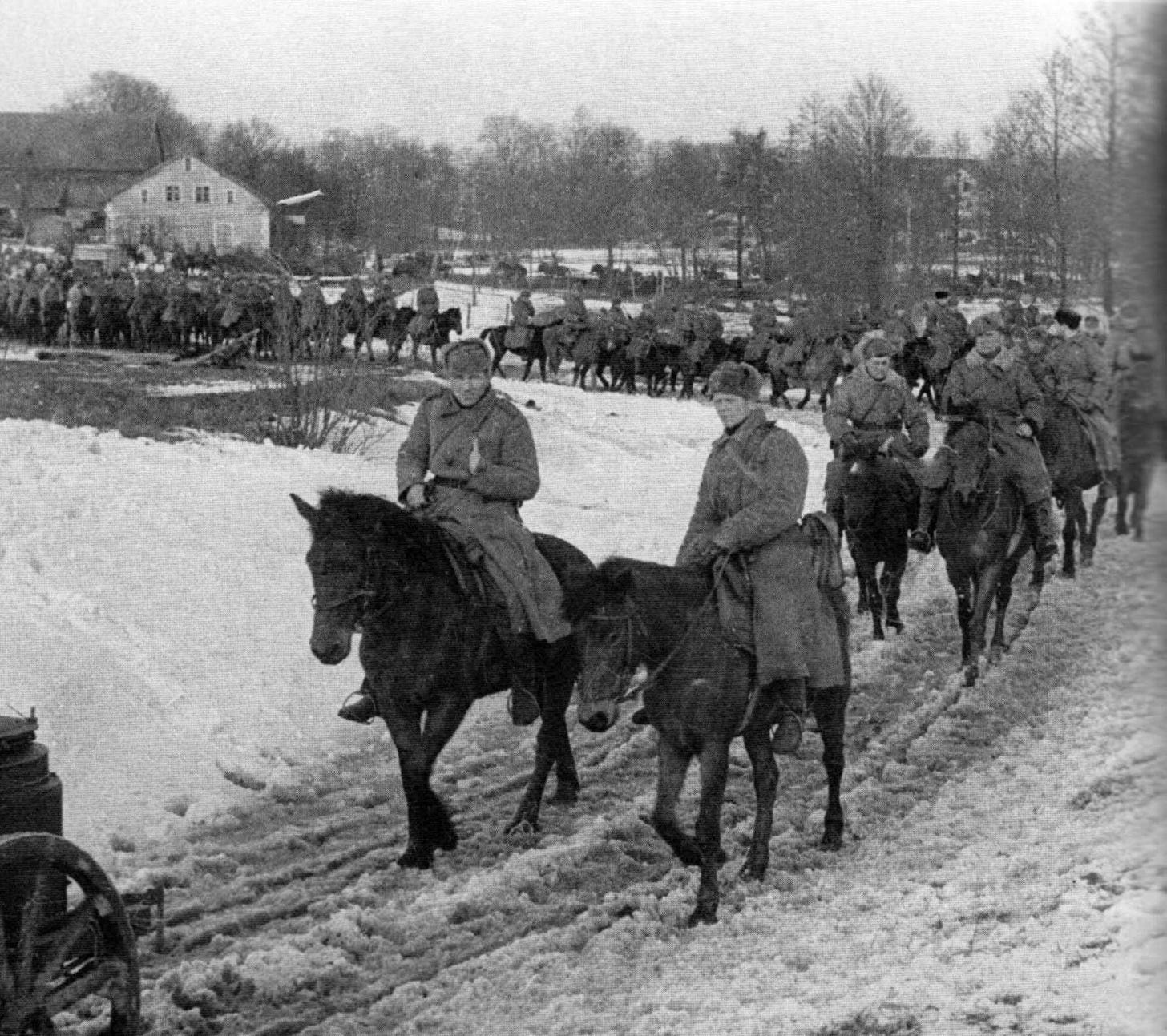Preparing to plunder Germany
11th January 1945: On the eve of the Red Army's new offensive, Stalin authorises the looting of Germany

The future of the war had long ago been decided on the Eastern front. Operation Bagration had taken the Red Army deep into Poland. There, they had halted short of Warsaw and spent months building themselves up for the final thrust into Germany. Further south, the Red Army faced East Prussia. Vast supplies of artillery ammunition were being stockpiled for the Soviets’ signature opening move.
The command is concerned by the question of how our soldiers will behave toward the civilian population.

But there were other considerations. A short, temporary incursion into the German village of Nemmersdorf in October had become notorious for an atrocity against civilians. The incident had been widely reported, and probably exaggerated, by Nazi propaganda.
German civilians were terrified of the approaching ‘Bolshevik hordes’ - and many were preparing for suicide. When the war finally arrived in their towns and villages, mass hysteria would lead thousands of Germans to seek their own end1.
The Red Army was prepared to talk openly about theft and plunder, perhaps less so about mass rape. Soldier Boris Gorbachevsky2 attended a briefing by Major Lebedev, editor of the army newspaper Na Vraga! [At the Enemy!]:
“You know that at the initiative of the Supreme Commander, after we cross the German border, we will be permitted to send packages home - once a month, up to ten kilograms for officers, and up to five kilograms for soldiers. In connection with this, a member of the Front’s Military Council, Lev Mekhlis, said that Comrade Stalin had been interested in the question of how the soldiers would be able to gather odds and ends, not having any transport?




